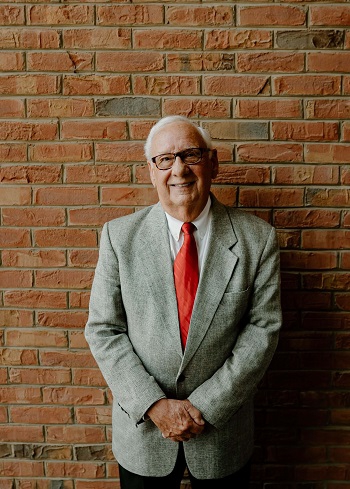Do-It-Yourself Wills Can Have Costly Consequences
Ms. X used an online legal form service to create her own will. She carefully inventoried her property and left everything she owned to her sister. Additionally, Ms. X stated that if her sister died before her, all the listed property would go to her brother. However, she did not include a "residuary clause" in the will. A residuary clause is a crucial legal provision in a will that addresses what will happen to any assets that were not explicitly named or addressed in the document.
When Ms. X's sister passed away, Ms. X inherited a large estate not mentioned in her will. She then wrote a handwritten note stating that all her possessions should go to her brother. Unfortunately, this note did not meet the legal requirements for a valid will.
After Ms. X passed away, her nieces challenged the will in court. They argued that everything Ms. X inherited from her sister should go to them since Ms. X's will only discussed her possessions going to her brother before she inherited the estate from her sister. The court agreed with the nieces and ruled in their favor.
The Florida Supreme Court used this case to make an essential point about seeking legal advice when creating a will. While using a pre-printed form to create a will may be less expensive than the initial expense of hiring a lawyer, the cost of not seeking legal advice can be high. In Ms. X's case, failing to include a residuary clause meant that her property did not pass to her intended beneficiaries, and her handwritten note was not considered a valid will. The cost of litigation, having the estate tied up for years, and not having your property pass to your intended beneficiaries can be far greater than the cost of seeking legal advice.
When creating a will, it is vital to ensure that all assets are addressed, including any that may be inherited in the future. This can be accomplished by including a residuary clause. Seeking legal advice when creating a will can help to ensure that all legal requirements are met, minimizing the risk of costly legal battles and ensuring that your wishes are carried out as intended.

